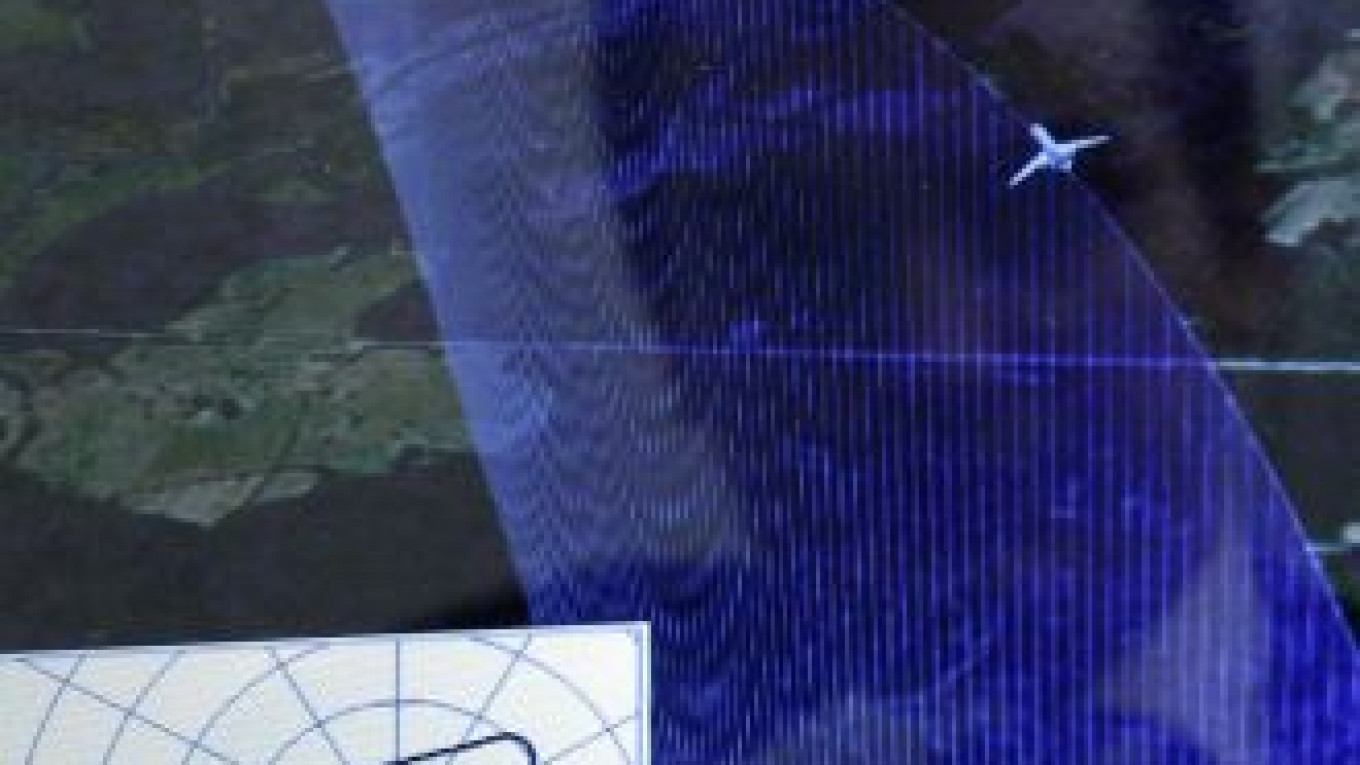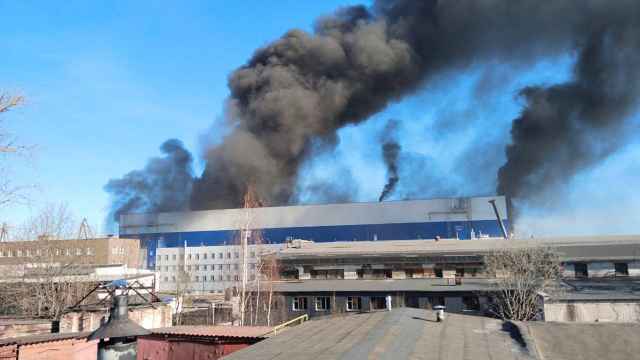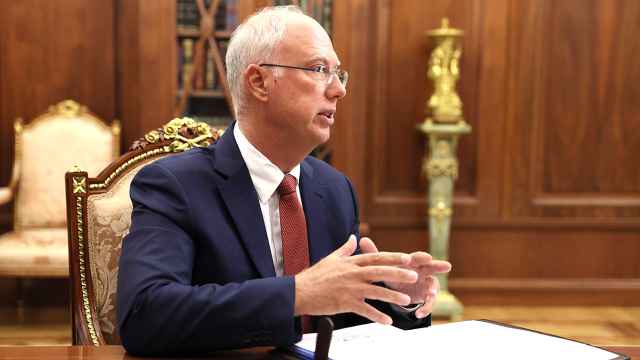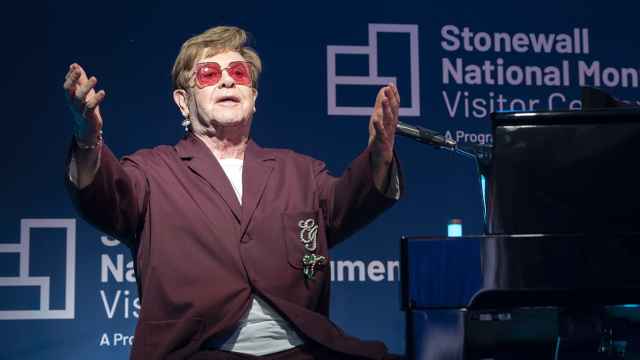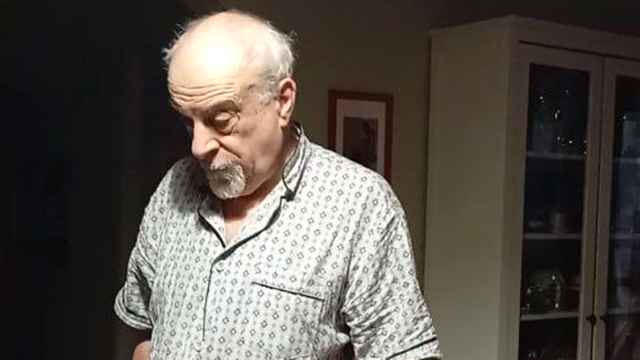The plane crash that killed Polish President Lech Kaczynski and 95 others in Smolensk occurred because a Polish general who had been drinking pressured an underqualified pilot to land in bad weather, Russia's aviation watchdog said in its final report Wednesday.
The Interstate Aviation Committee placed full blame for the April crash on the Poles when it presented its findings at a Moscow news conference, releasing a video reconstruction of the accident complete with recordings of the pilots' conversations.
Other than the criticism of the pilot, the report did not differ much from the previously released preliminary findings, but it still sparked anger in Poland.
The Tu-154 jet's captain, Arkadiusz Protasiuk, had missed regular flight tests for landing in bad weather and did not make any actual landings in bad weather for at least five months before the crash, said Alexei Morozov, chairman of the watchdog's technical commission.
Protasiuk was also visited in the cockpit by the commander of the Polish air force, General Andrzej Blasik, who had a blood-alcohol level of about 0.06 percent, which is classified as “light drunkenness” by Russia's Health and Social Development Ministry.
"The presence in the cockpit of … the commander of the Polish air force and the director of [diplomatic] protocol combined with the expected negative reaction of the main passenger [Kaczynski] … exerted psychological pressure on the crew members and prompted the decision to land in any conditions," watchdog director Tatyana Anodina said.
Kaczynski's identical twin brother, Jaroslaw, who heads Poland's main opposition party, called the report "a joke against Poland."
The report "puts the entire blame on Polish pilots and Poland without any proof," he said, Reuters reported.
He dismissed any suggestion that his brother might have put pressure on the pilots, saying the late president "did not show suicidal tendencies."
Poland's main representative in the investigation, Edmund Klich, called the report "incomplete" and said it "contains mistakes" concerning commands by Russian air traffic control dispatchers.
But he acknowledged that most of the report was correct, Interfax reported, citing Polish radio ZET.
Polish Interior Minister Jerzy Miller told reporters that the report was a "transition to the next step — determining the circumstances of the tragedy," Interfax reported.
An unidentified lawyer for families of the victims called the report one-sided and absolutely unacceptable, Reuters reported.
The findings prompted Polish Prime Minister Donald Tusk to cut short a vacation abroad to return to Poland for a news conference Thursday, RIA-Novosti reported.
Tusk made no immediate comment on the findings, but the watchdog said the final report reflected revisions that Tusk had urged after reading an earlier version last month.
The Investigative Committee will now consider whether to charge any officials over the incident, RIA-Novosti reported, citing agency spokesman Vladimir Markin.
Initial findings announced shortly after the crash blamed heavy fog and pilot error. Cockpit recordings published in July showed that the pilots were pressured into landing despite poor weather conditions.
A Message from The Moscow Times:
Dear readers,
We are facing unprecedented challenges. Russia's Prosecutor General's Office has designated The Moscow Times as an "undesirable" organization, criminalizing our work and putting our staff at risk of prosecution. This follows our earlier unjust labeling as a "foreign agent."
These actions are direct attempts to silence independent journalism in Russia. The authorities claim our work "discredits the decisions of the Russian leadership." We see things differently: we strive to provide accurate, unbiased reporting on Russia.
We, the journalists of The Moscow Times, refuse to be silenced. But to continue our work, we need your help.
Your support, no matter how small, makes a world of difference. If you can, please support us monthly starting from just $2. It's quick to set up, and every contribution makes a significant impact.
By supporting The Moscow Times, you're defending open, independent journalism in the face of repression. Thank you for standing with us.
Remind me later.


